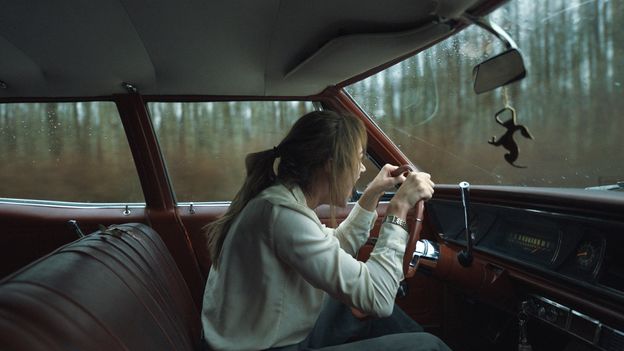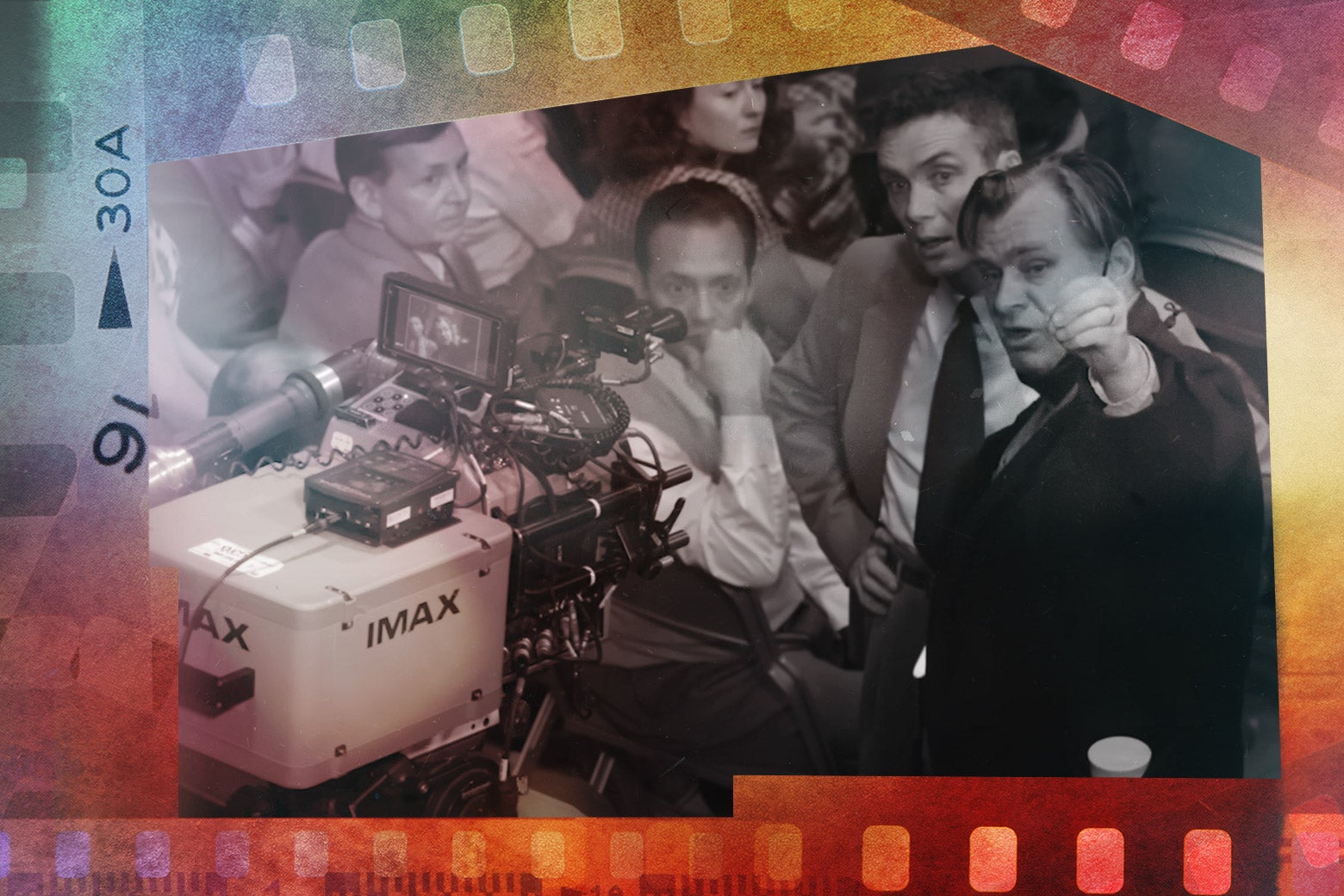
David Cronenberg is much more than a master of body horror, author argues
LA TimesOn the Shelf 'David Cronenberg: Clinical Trials' By Violet Lucca Abrams Books: 288 pages, $50 If you buy books linked on our site, The Times may earn a commission from Bookshop.org, whose fees support independent bookstores. “There’s this tremendous loneliness that I find really affecting.” One film that Lucca cites as an example of this strange melancholy: Cronenberg’s 1996 adaptation of J.G. I feel that his use of sex has been more revolutionary, largely because it’s considered the bigger taboo in MPAA terms.” In the first half of the book, Lucca lays out some of Cronenberg’s films along a map of the subconscious, so that 1988’s “Dead Ringers,” the story of a deadly co-dependency between twins, becomes an example of Carl Jung’s theory of the “anima” and “animus,” of the twins’ desire to reconcile their male and female sides, and 1986’s “The Fly” becomes a speculation on whether illness can alter one’s identity. “I wanted to push past the surface weirdness of a film like, say, ‘Naked Lunch,’ and figure out what else they are trying to say to us.” For Lucca, Cronenberg’s trademark anatomical derangements — all those slimy, mutant body organs, guts and intestines spilling out of his characters like slinky toys — are how the director makes a character’s anxieties manifest: the deliquescing body as a metaphor for spiritual imbalance. Critics tend to draw a hard line between the early, in-your-face garishness of Cronenberg’s low-budget films and the more polished, less bloody psychological meditations starting with 2005’s “A History of Violence.” Lucca rejects that categorization, finding the same preoccupations with the mind-body problem and the riddle of identity across Cronenberg’s career.
Discover Related

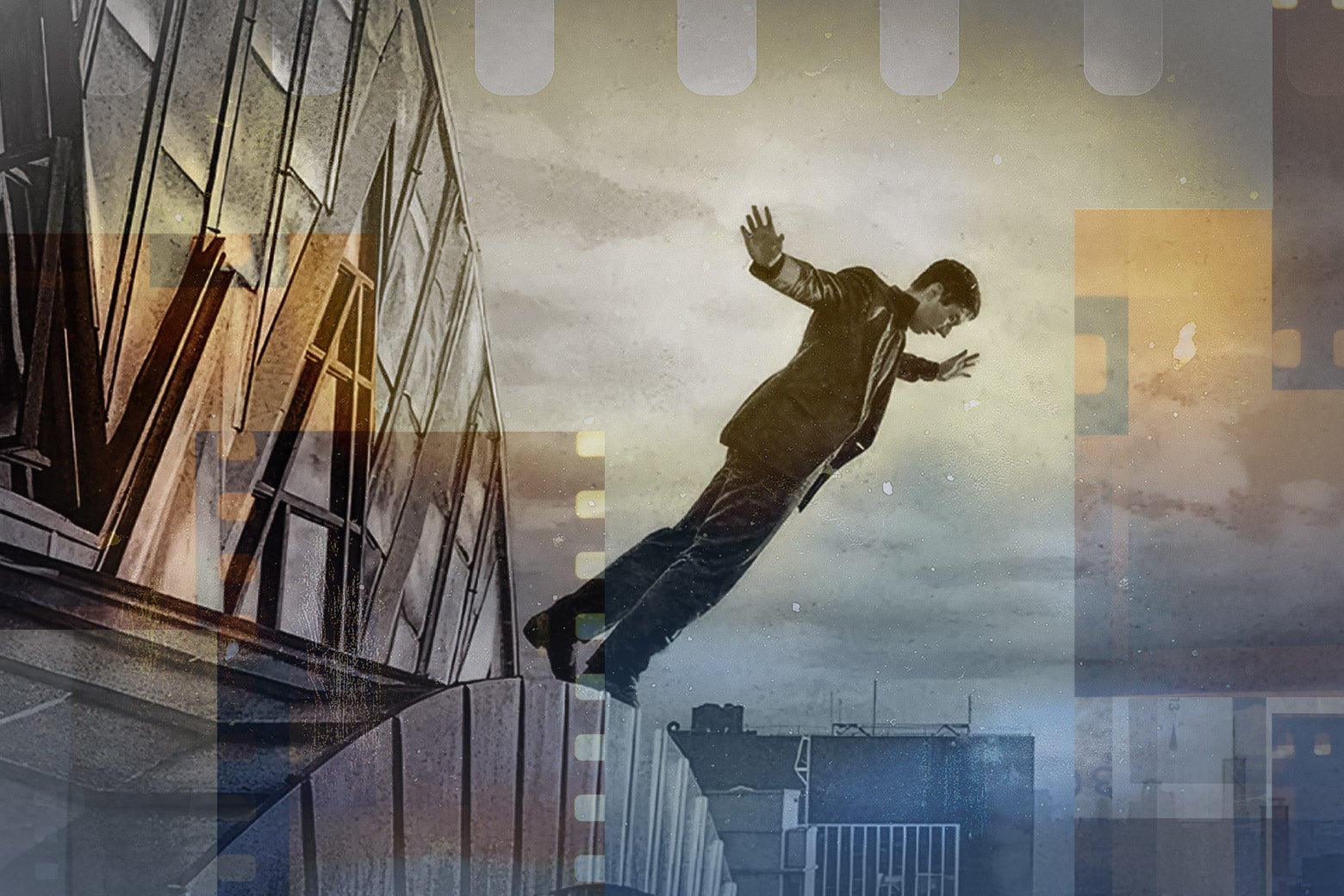


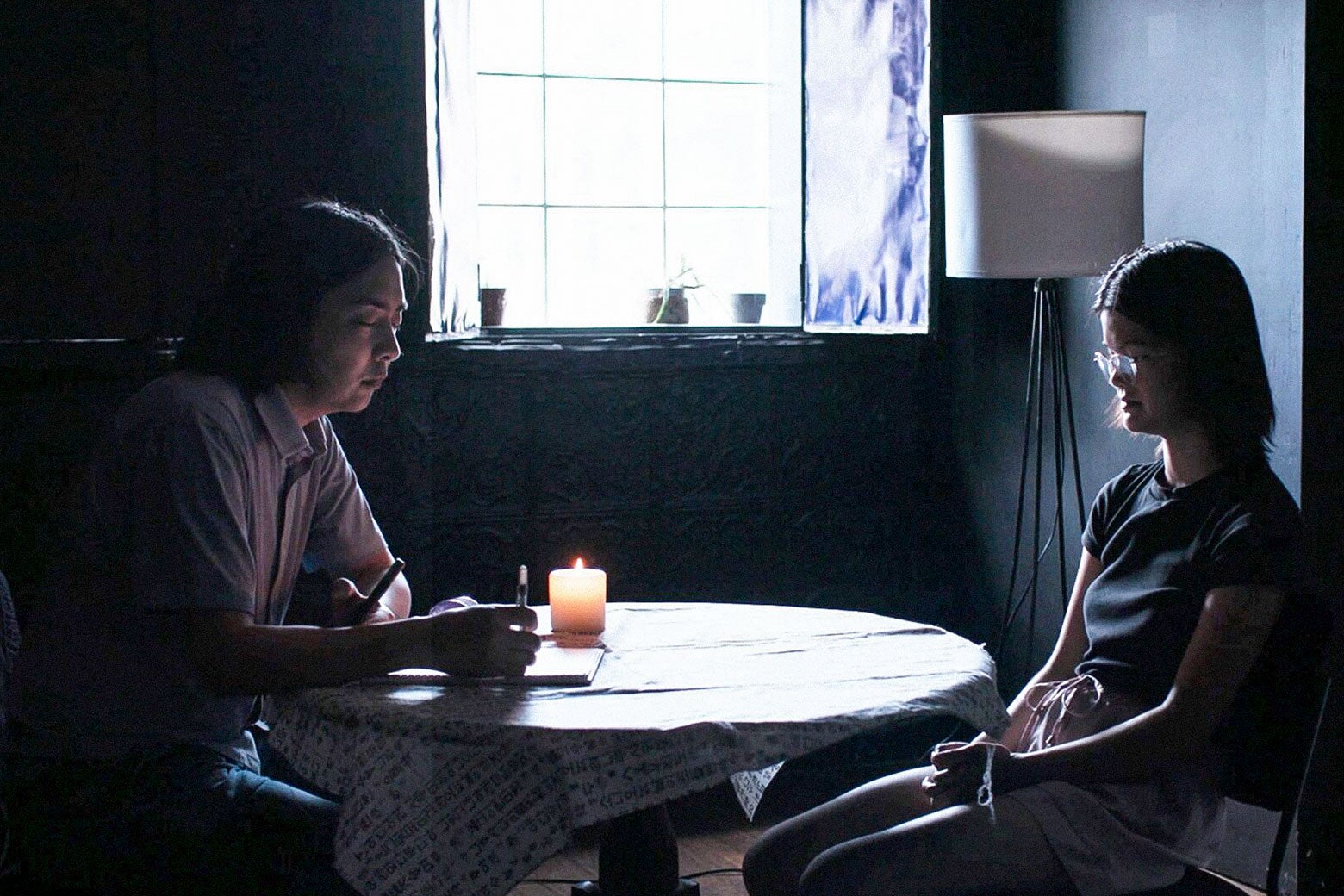
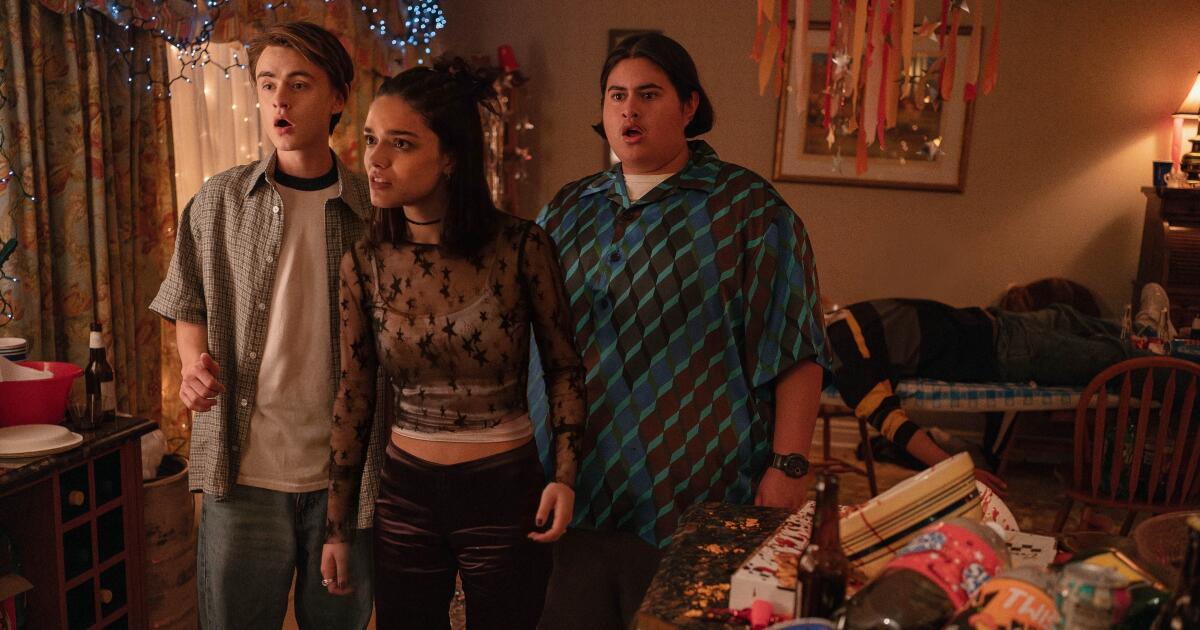


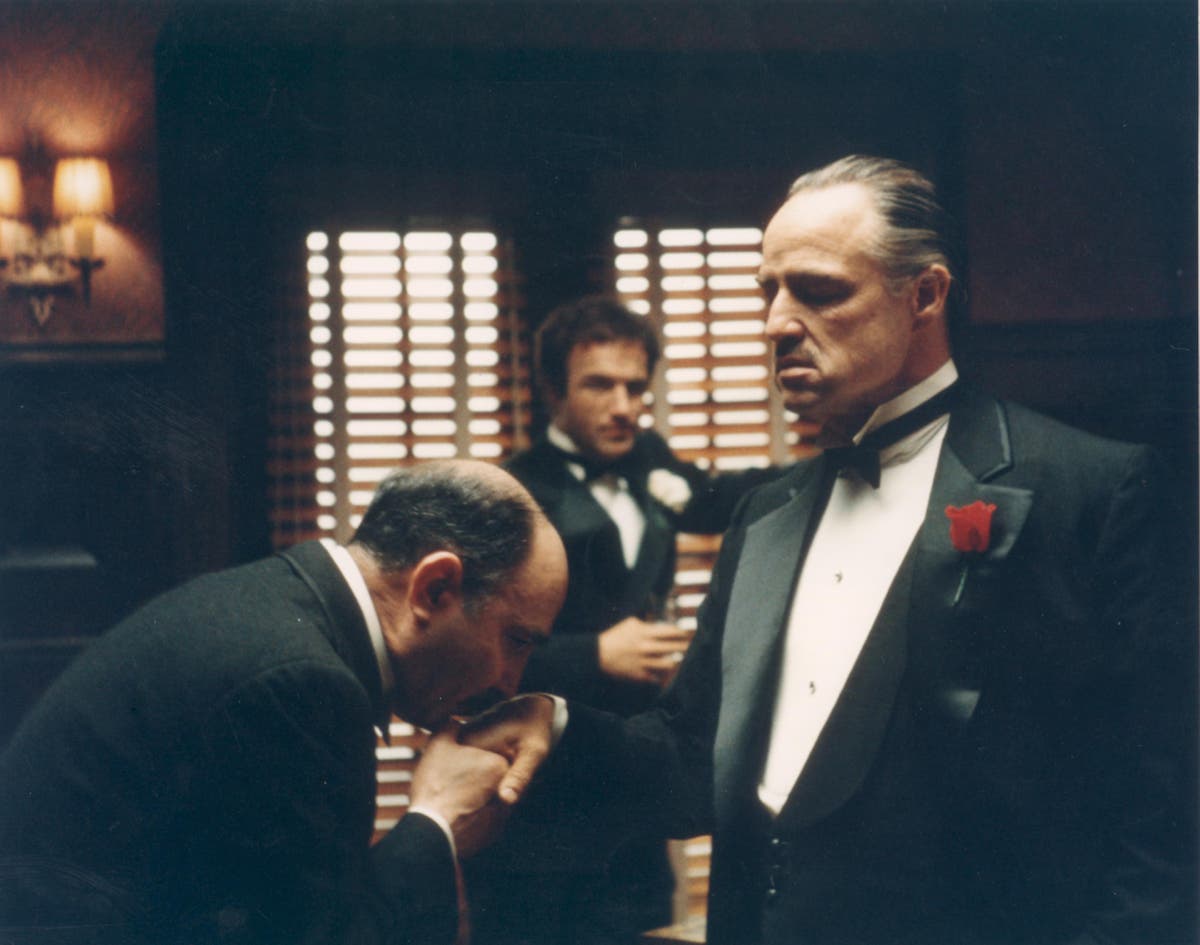

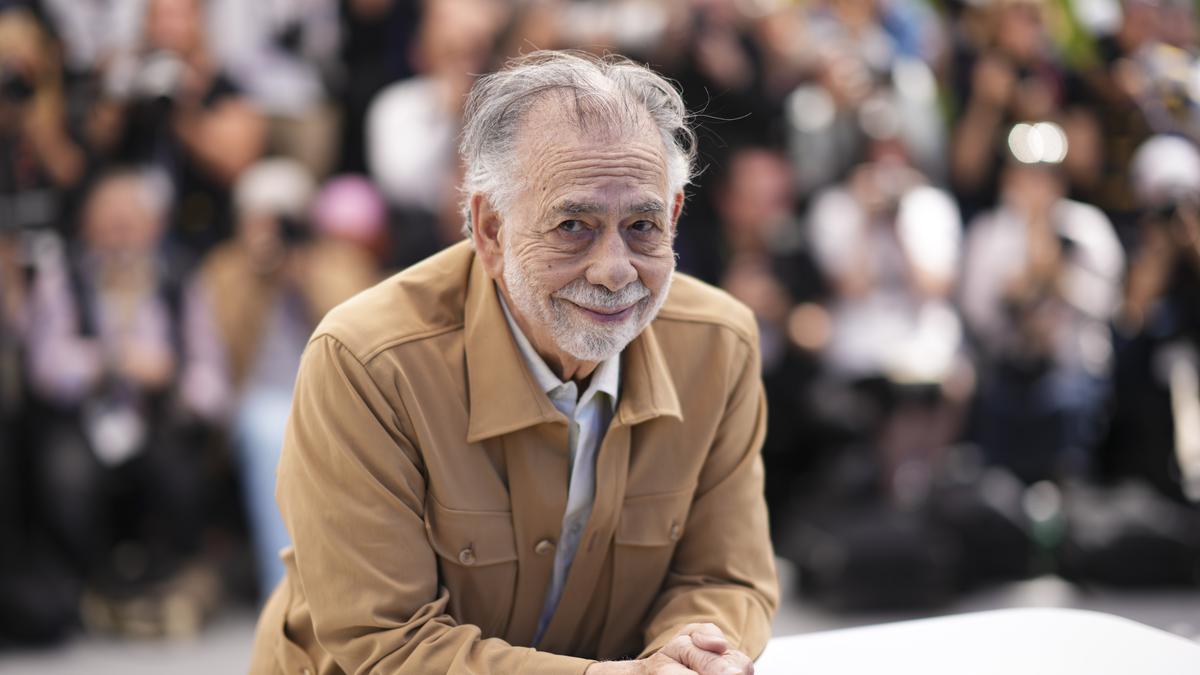

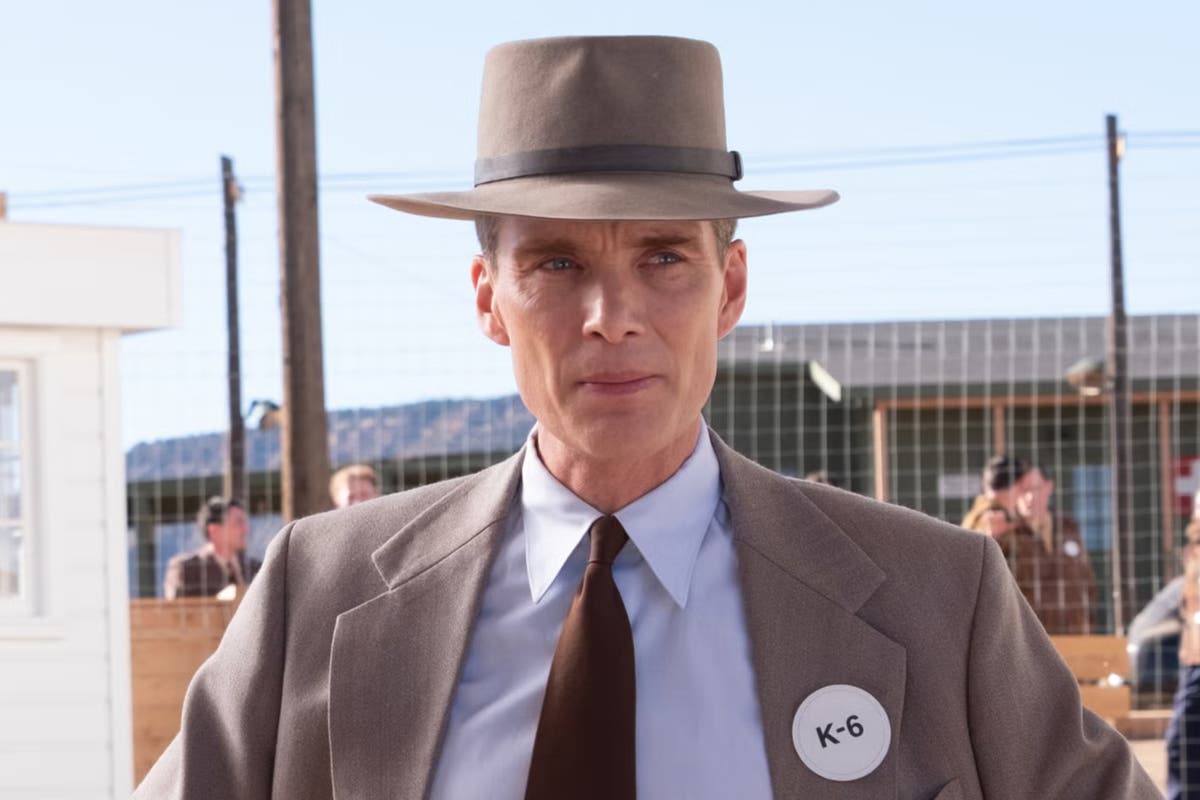







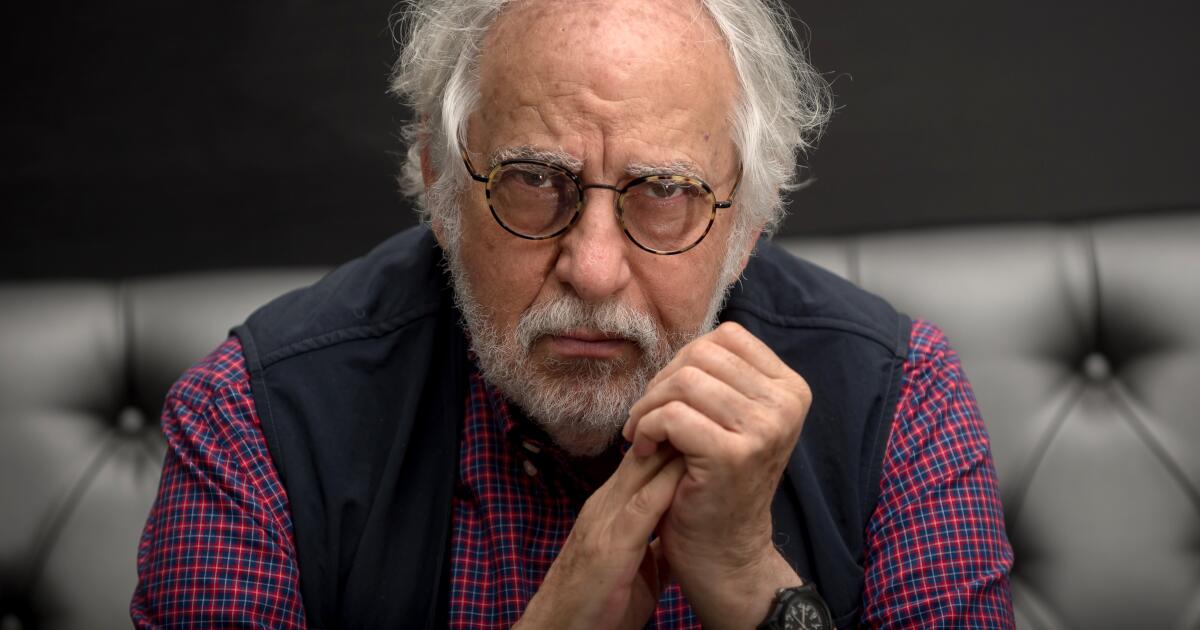



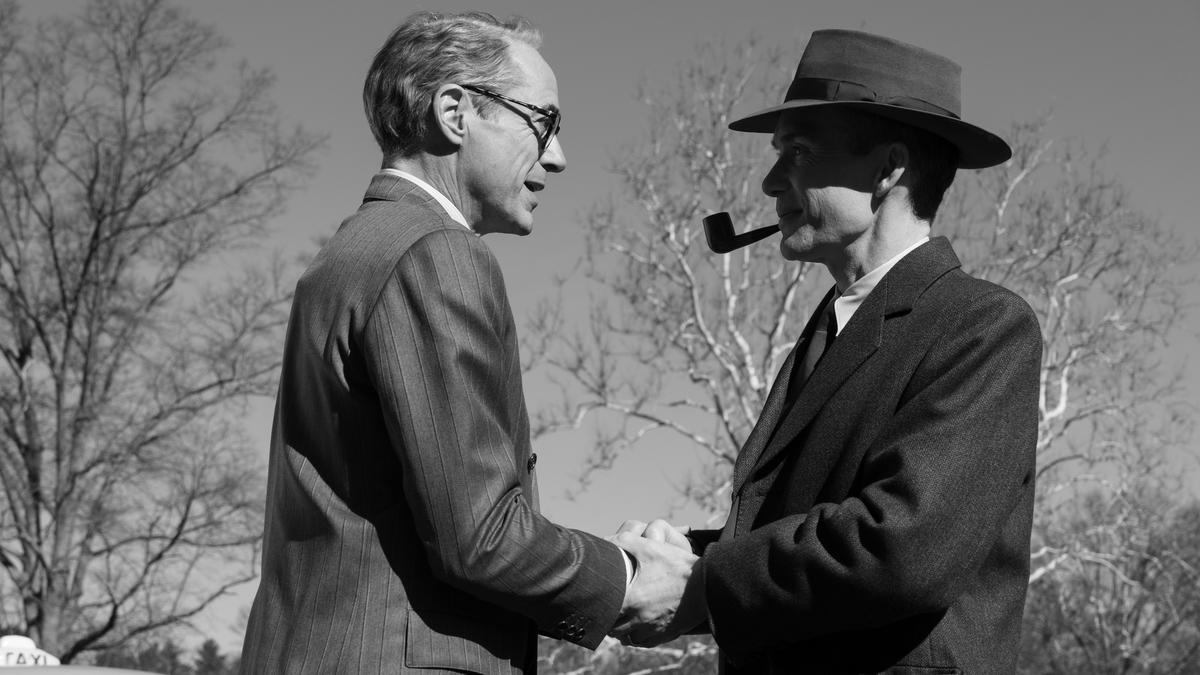
)


)

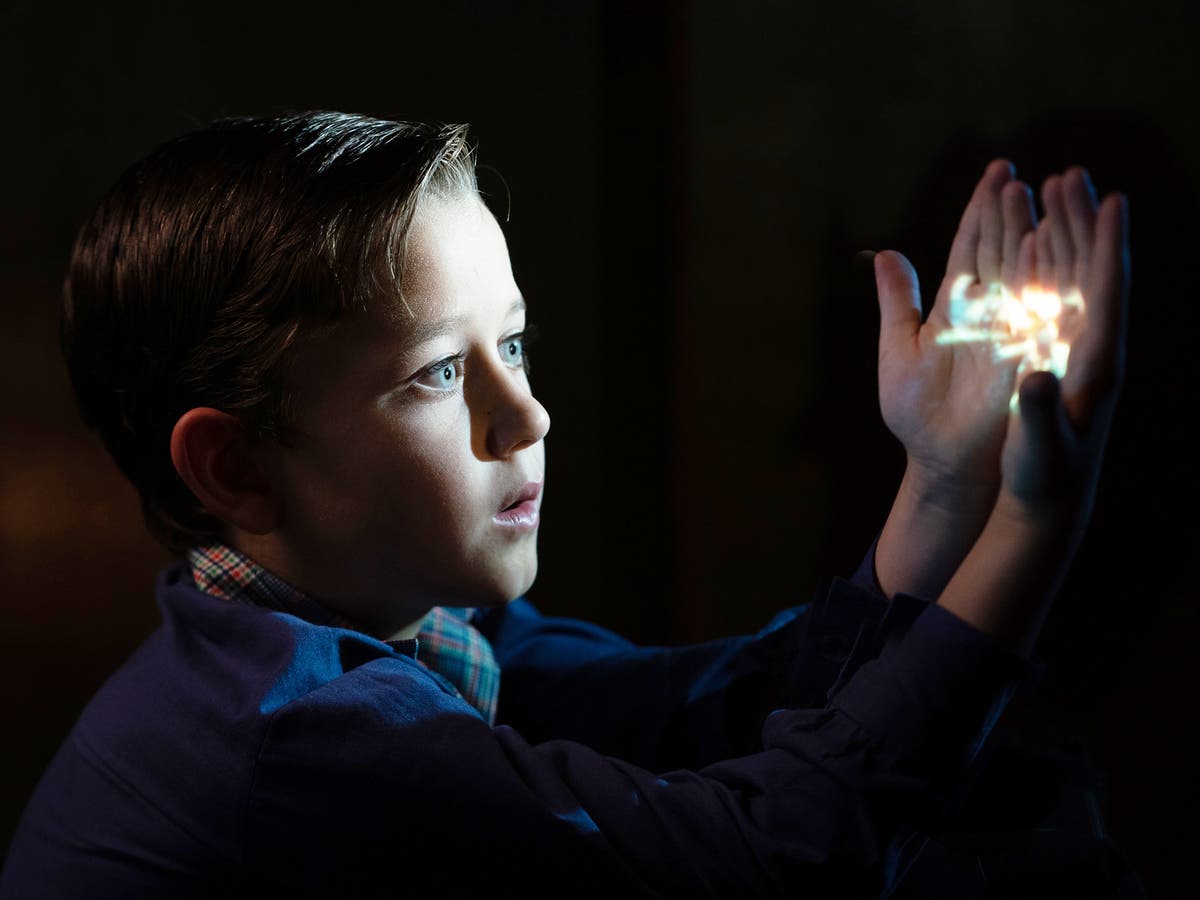

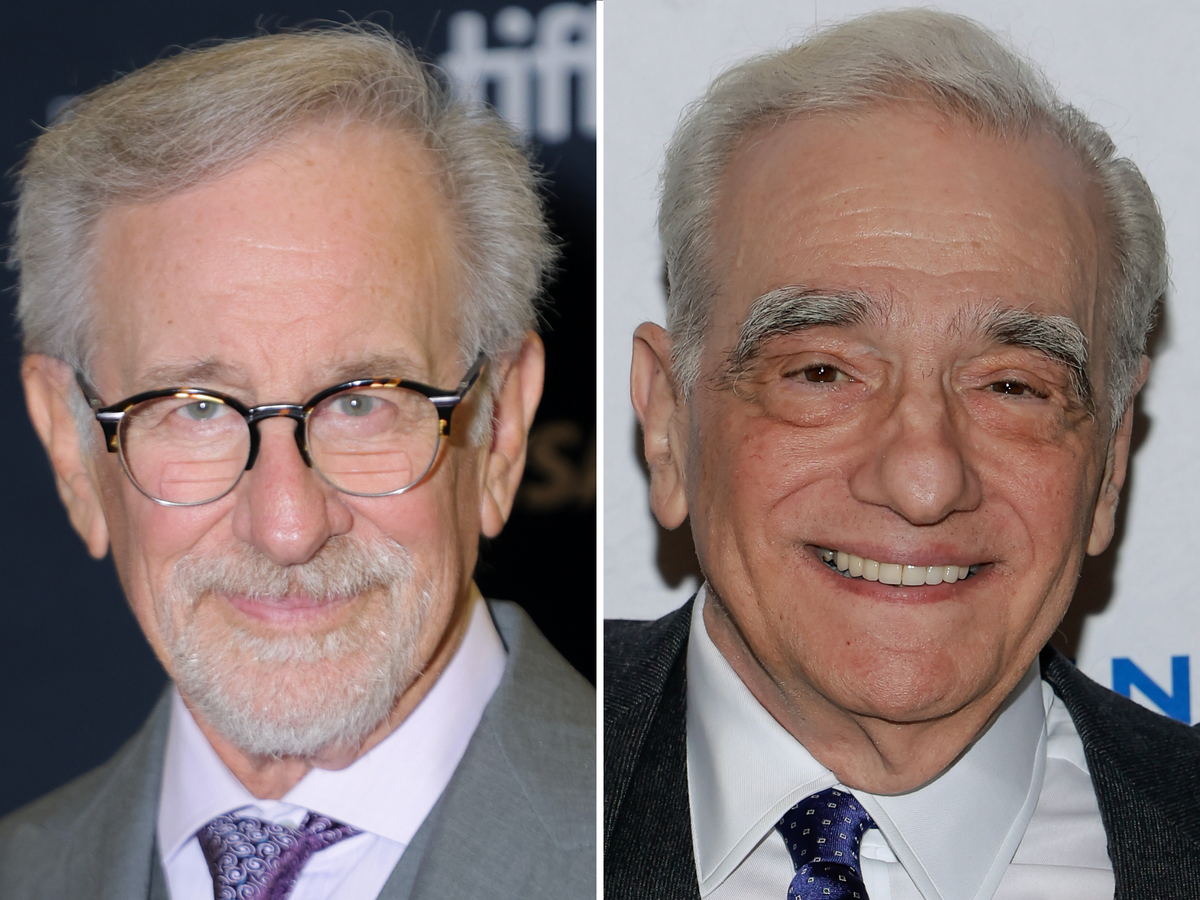
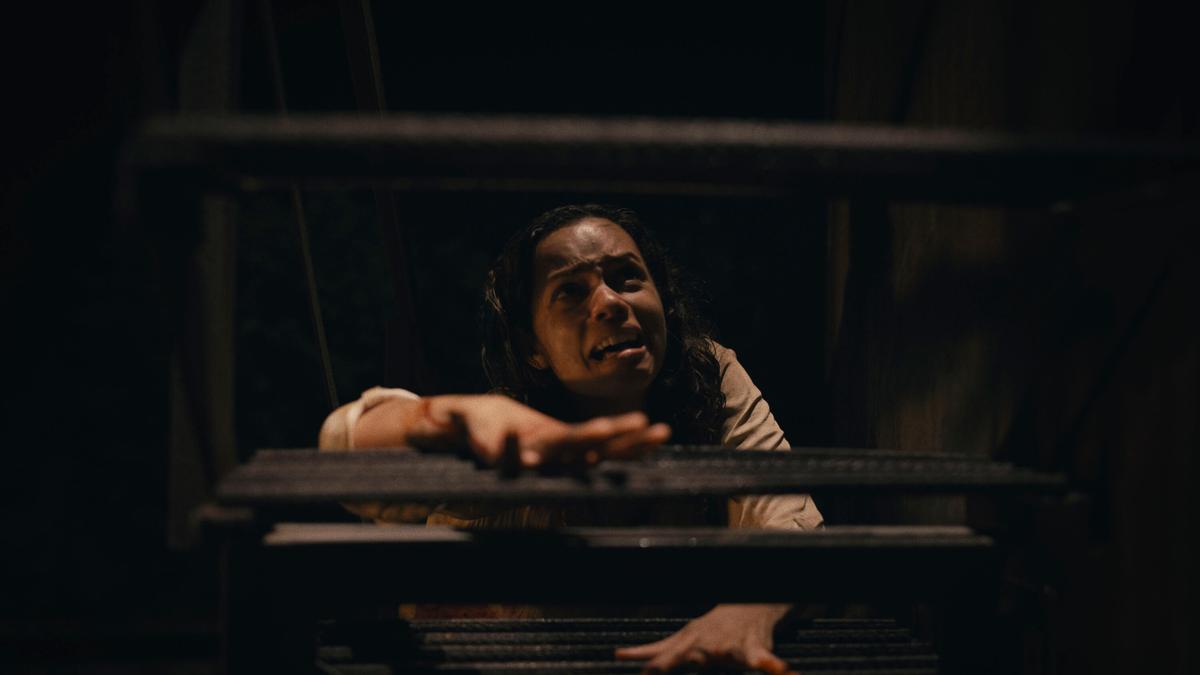

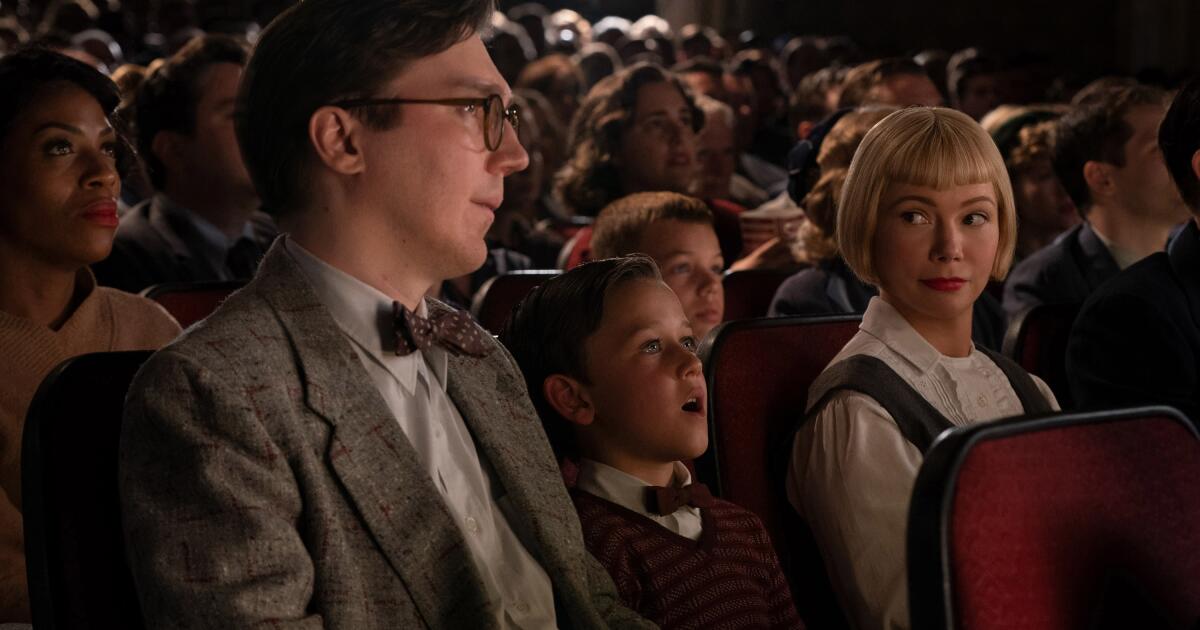

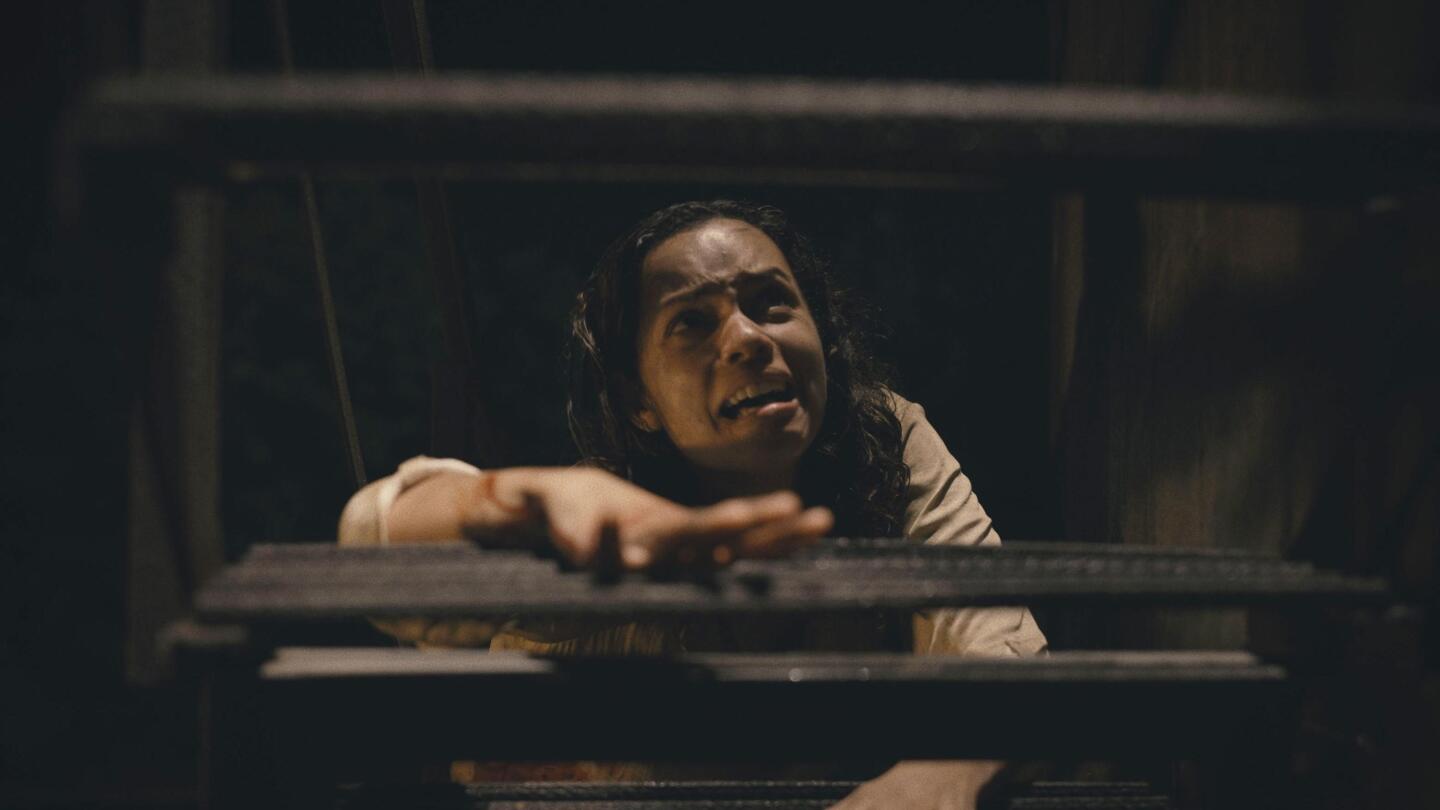
)

